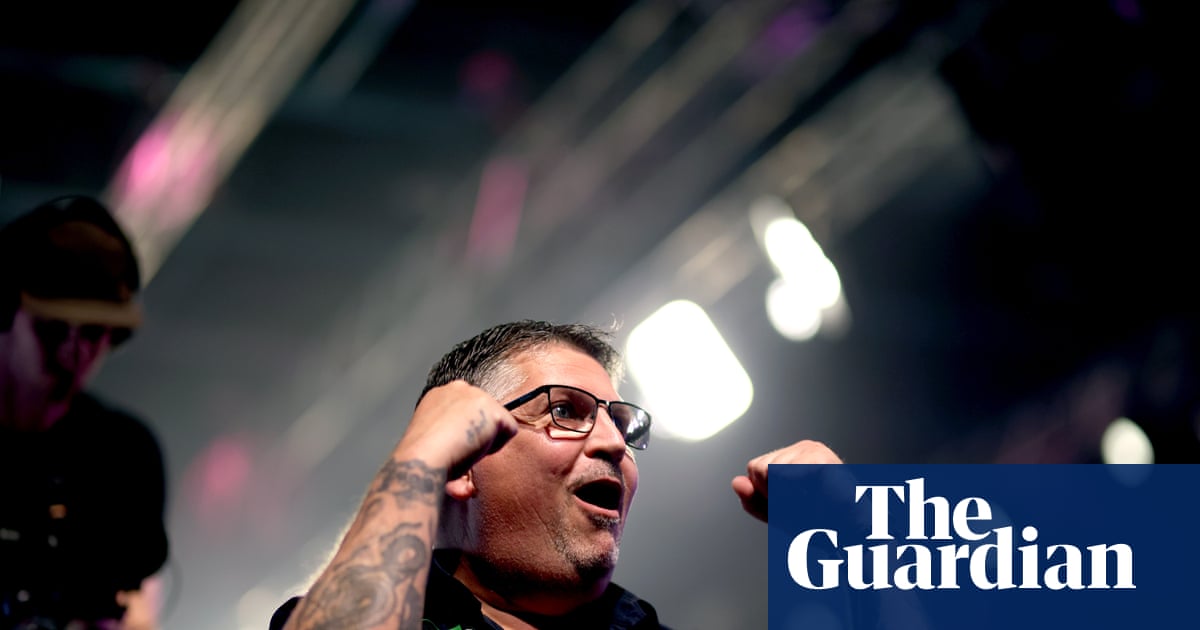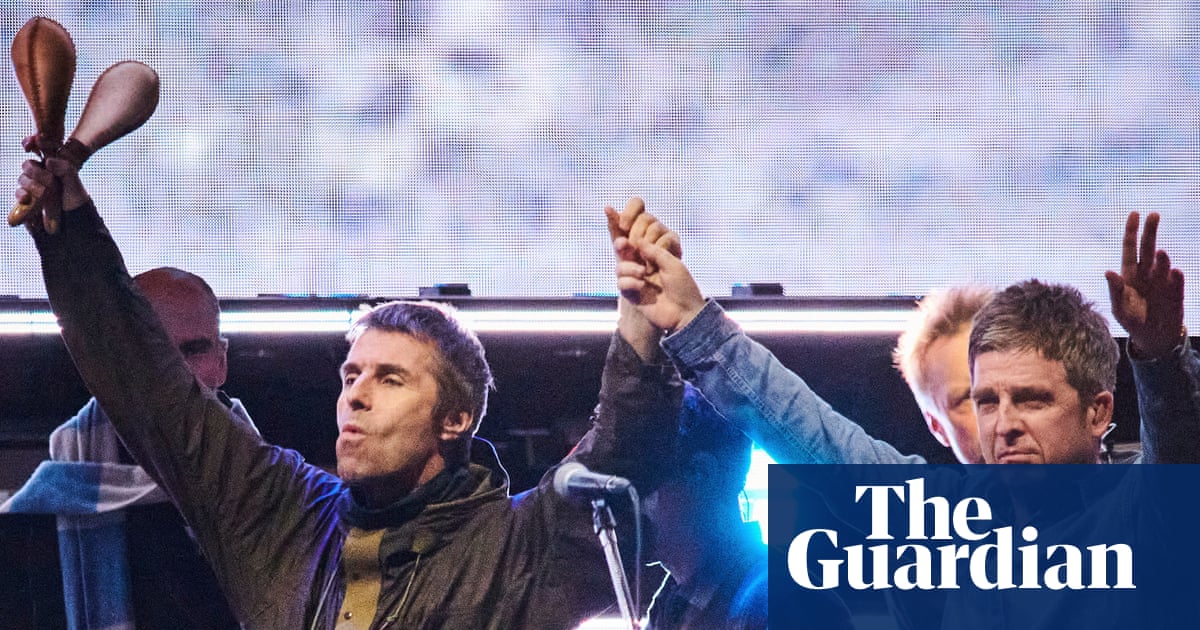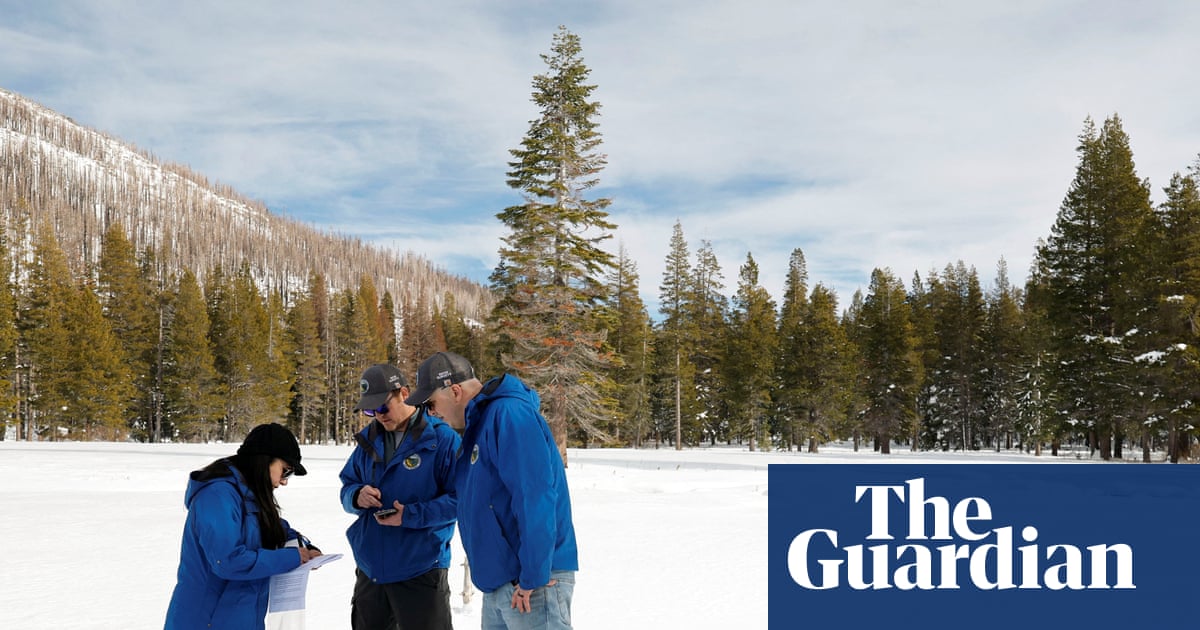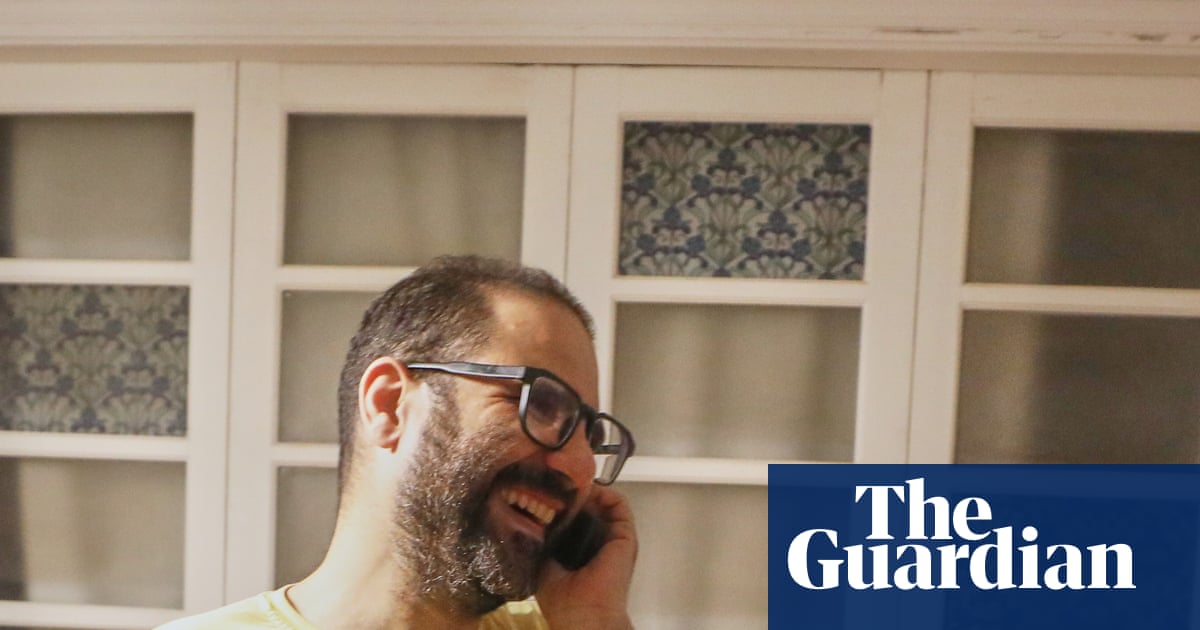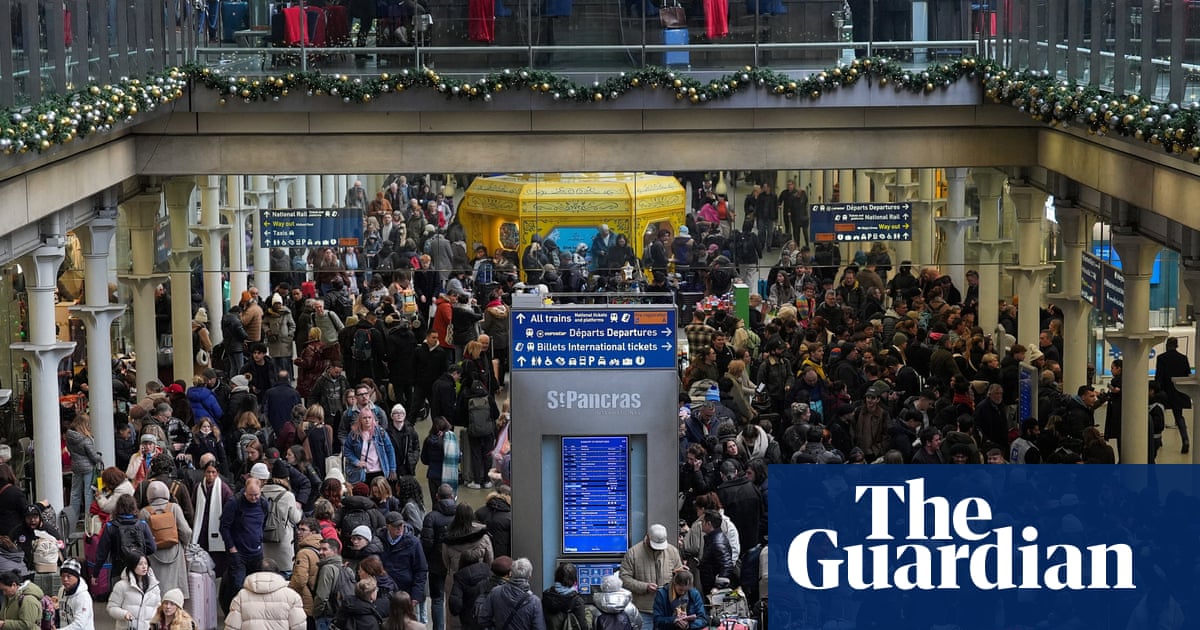From solo travel to dining alone, people have increasingly been embracing social activities by themselves in the years since the pandemic – even in the ultra-social contexts of live music and club culture.
A recent survey by Ticketmaster found that the number of people who have attended either a weekend or day festival by themselves has risen from 8% in 2019 to 29% this year. Reading and Leeds festival introduced a campsite area for solo attendees this year, joining Download’s longstanding “lone wolf” area, and there are a growing number of social media pages such as London Solo Ravers, and WhatsApp groups such as Untitled Rave Community Project, for people venturing to nightclubs alone.
“If I go to an event with someone else, I can very much spend the night doing their night, as they would want it,” says Anaïs Espinosa, a 26-year-old from London. “When I’m alone, I get to do whatever I want in the moment, whether that’s going to get a drink or being right at the front where the DJ is. You just act on pure instinct. I feel like a little video game character in a funny story.”
Dr Karenza Moore, a researcher of club culture and recreational drug use at Newcastle University, says people’s top reason for going it alone is “a particular interest in a genre of music”: maybe you love happy hardcore but struggle to find anyone else who shares your enthusiasm for 180bpm insanity. This is reflected in Ticketmaster’s findings, too, which showed that interest in the music was the main draw for solo punters at festivals. And amid the cost of living crisis, people may struggle to find enthused friends who can also afford to go out. “If you don’t know anybody, and you want to go to that kind of thing, you just have to be OK with going on your own,” says Imi Jagger, who is 26 and based in Manchester, and has gone solo to a number of electronic music nights and queer parties.
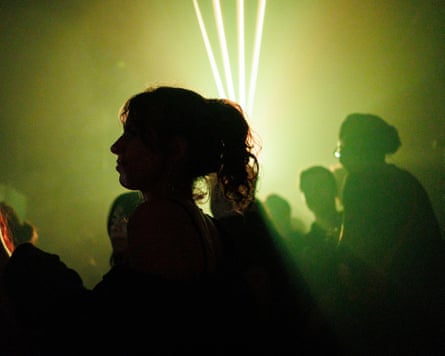
Since the pandemic, there has been a rise in meetups such as singles nights, group events for strangers, offline hangouts and walking groups, lessening the stigma around being “a loner”. Two other reasons cited in Ticketmaster’s research were a sense of freedom and the opportunity to meet like-minded people, and Moore adds that many of us have become fatigued with meeting and interacting with people online: “People are really appreciating doing things in real life,” she says.
Cat Rossi, a professor at the University for the Creative Arts in Surrey, who has a research interest in club culture, suggests that the rise in solo partying may be another facet of how “people are more interested in consuming experiences than things” today. And perhaps there’s a more cynical impetus at work: “What you want is the experience – and also you want to share that experience on social media.”
But anyone in it for the Instagram likes will be in a minority, and Moore says that many solo ravers end up finding a sense of togetherness: “Invariably you go on your own, and then you’re not on your own.”
Thirty-year-old Ben Walton from north Wales has been going out alone since he was 23, and does so two or three times a month. “I can meet new people from a variety of different backgrounds, and people I may never see again,” he says. “There’s a beauty in that.” Jagger agrees. During her time at Awakenings, a Netherlands techno festival, she tacked on to a group of Dutch friends she’d never met before, which she says she never would have done if she’d been with people she already knew. “Getting to know them for a weekend was so interesting. It’s fascinating, especially if you’re in a different country, because you get to experience a different culture.”
This trend is partly facilitated by social media. Rossi says people have gotten used to “a hybrid digital and in-person community, and there’s lots of research about how the internet can connect you with communities that are not on your doorstep, but that are yours in the sense that you have shared interests”.
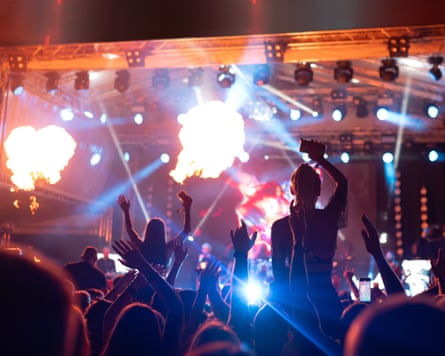
Having enjoyed similar events with friends for around a decade, Espinosa only started going out alone this year, and chalks it up to age and confidence. Some research suggests that the average age of festivalgoers is increasing, and older people are still going out frequently, which may account for the increased number of people attending solo, something Moore also points to as a potential driver.
Beyond that, there has been a focus on welfare and harm reduction at live music events, meaning that they are “perceived as safe: people know that if something happens, they can go and speak to the staff,” says Moore. For Espinosa, it depends on the crowd: “In general, it feels safer for me to be alone at a rave than a club, where people are usually just trying to pull and drinking loads of alcohol, whereas at raves, people are usually just there for the music and to dance.” Jagger is a little more sceptical. “I don’t feel physically safer at raves because spiking, harassment and assault are still so common,” she says. “But I do often feel more accepted.”
But while it can be difficult at first to “let go”, as Espinosa puts it, going solo can also increase self-esteem. “It’s quite validating,” says Jagger. “To know I’m not dependent on other people and I can create great experiences on my own, too.”

 2 months ago
49
2 months ago
49

